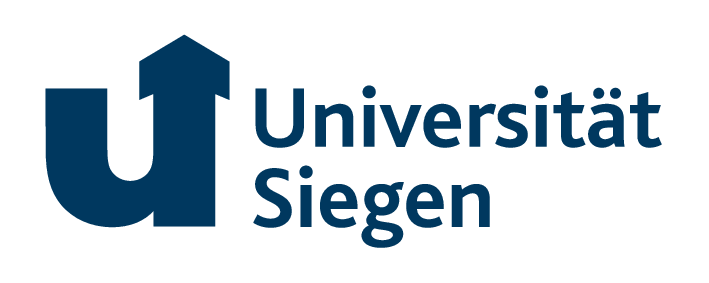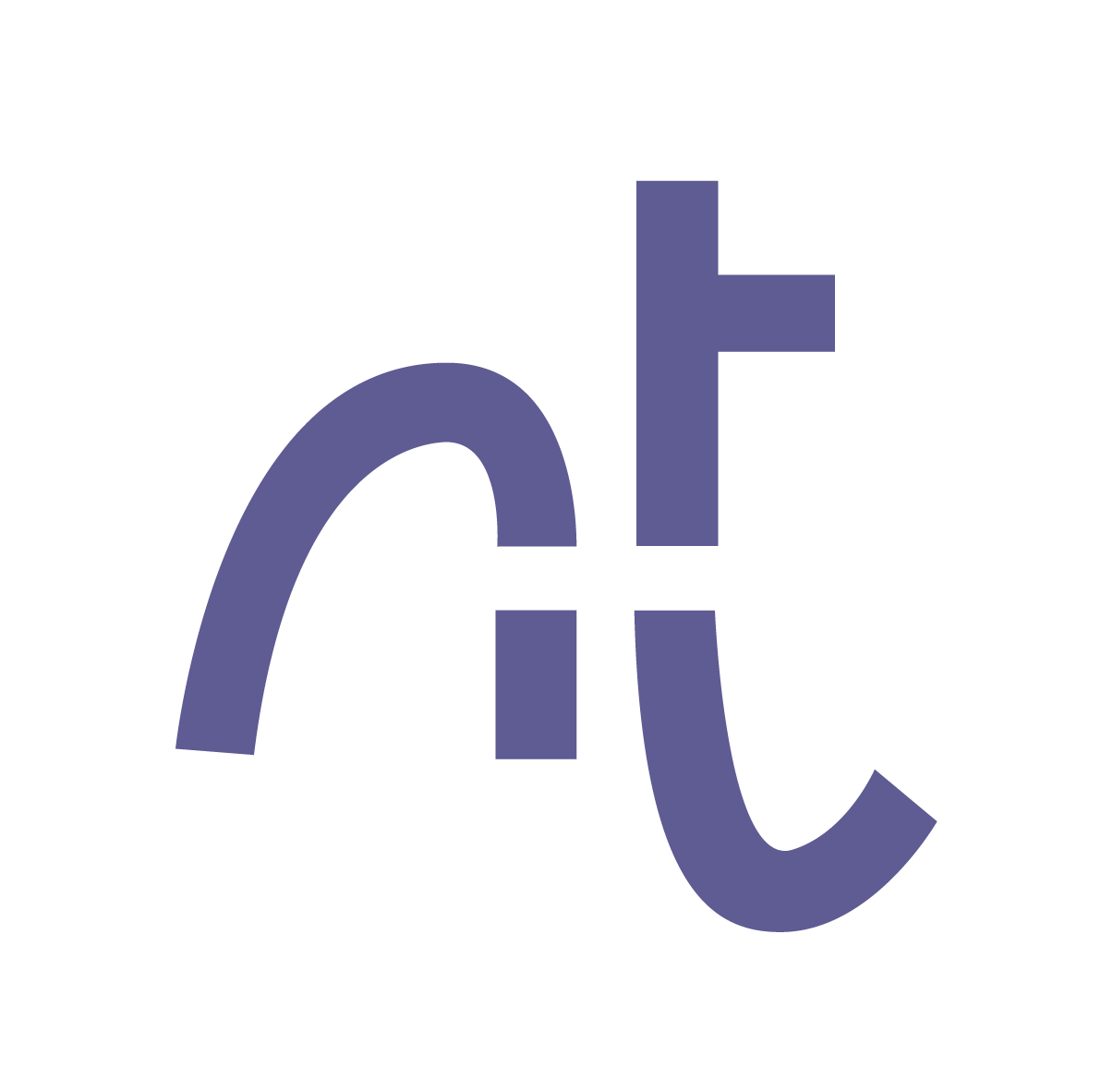The two main pillars of the experimental activities in CPPS are the development of novel detectors and the analysis of data from two large experiments, the ATLAS experiment at the Large Hadron Collider (LHC) and the Pierre Auger Observatory, a giant air shower experiment in Argentina. The ATLAS group in Siegen is involved in the operation of the current and the construction of the upgraded pixel detector and the physics of the top quark. At the Pierre Auger Observatory, our focus is on detector electronics and on data analysis concerning cosmic-ray composition and search for ultra-high energy photons. The experimental groups in Siegen are also members of the IAXO, SHiP and LCTPC collaborations.
From the theoretical perspective, we investigate the laws of nature that describe the elementary particles and the forces which describe their dynamics at very small distances/very high energies. Our research deals with conceptual aspects of Quantum Field Theory, with the development of mathematical methods to perform precision calculations within the Standard Model of Particle Physics and its possible extensions, as well as with phenomenological studies of dedicated observables at present or future collider experiments. Among others, we are interested in Heavy Quark Flavours, Quantum Chromodynamics, Higgs Physics, and physics Beyond the Standard Model.
Research Groups:
- Experimental Particle and Astroparticle Physics (Markus Cristinziani, Qader Dorosti, Ivor Fleck, Marcus Niechciol, Carmen Diez Pardos, Markus Risse, Wolfgang Walkowiak)
- Theoretical Particle Physics (Guido Bell, Thorsten Feldmann, Tobias Huber, Alexander Khodjamirian, Wolfgang Kilian, Björn Lange, Alexander Lenz, Thomas Mannel, Alexei Pivovarov)
Coordinated Research Programs in CPPS
Publications from CPPS Members
Presentations
For an overview over the activities of our experimental and theoretical research groups, see the contributions to the spring meetings of the German Physical Society (since 2018):
- Karlsruhe 2024 (Teilchenphysik)
- Dresden 2023 (Teilchenphysik)
- Heidelberg 2022 (Teilchenphysik)
- Dortmund 2021 (Teilchenphysik)
- Bonn 2020 (Teilchenphysik)
Bonn 2020 (Strahlen- und Medizinphysik) - Aachen 2019 (Teilchenphysik)
- Würzburg 2018 (Teilchenphysik)
Würzburg 2018 (Strahlen- und Medizinphysik)
For a collection of various theory talks at workshops, conferences and physics schools, see:



